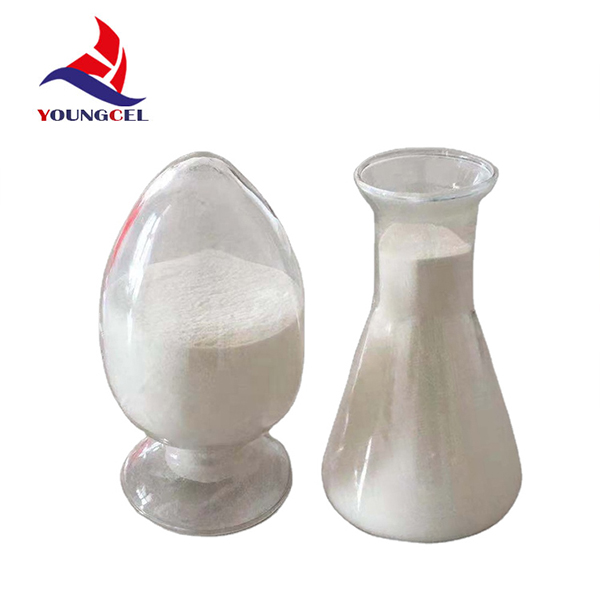The Versatility and Applications of Tylose Powder
Tylose powder, also known as hydroxypropyl methylcellulose (HPMC), is a versatile cellulose ether that has garnered attention in various industries due to its unique properties. Derived from natural cellulose, Tylose powder is odorless, tasteless, and non-toxic, making it suitable for many applications. Its ability to form a gel-like consistency when mixed with water, along with its binding, thickening, and film-forming capabilities, makes Tylose powder an essential ingredient in numerous products, from food to construction materials.
Applications in the Food Industry
In the food sector, Tylose powder serves multiple purposes. It is commonly used as a thickening agent in sauces, dressings, and dairy products, improving texture and mouthfeel. Moreover, its water-retention properties help extend the shelf life of baked goods, preventing staleness. In the realm of gluten-free baking, Tylose powder is invaluable as it mimics the elasticity and extensibility of gluten, which is crucial for the structure and consistency of gluten-free bread and pastries.
Additionally, Tylose can act as a stabilizer in powdered food products and emulsions, ensuring that ingredients remain uniformly dispersed. The rising health consciousness among consumers has also led to the exploration of Tylose powder as a fat replacer in various culinary products. Its ability to provide creaminess without the extra calories makes it a preferred choice for health-oriented formulations.
Usage in Pharmaceuticals
Tylose powder is widely utilized in the pharmaceutical industry as well. It serves as a binder and disintegrant in tablet formulations, ensuring proper drug release and absorption in the body. Its thickening properties are harnessed in topical formulations and creams, where it helps improve the product's viscosity and stability. The versatility of Tylose powder allows it to be adjusted in various formulations, catering to the specific needs of different medications while maintaining efficacy and safety.
tylose powder

Role in Construction and Coatings
The construction industry also benefits from Tylose powder, where it is utilized as a key ingredient in tile adhesives, mortars, and plasters. Its addition improves the workability and adhesion of these materials, ensuring that they can be applied smoothly and are durable once set. Moreover, Tylose powder’s water-retention capabilities enhance the curing process, preventing premature drying and cracking.
In the realm of coatings, Tylose is employed in paints and sealants, where it contributes to improved flow and application properties. It helps in controlling the thickness of coatings and enhances their finish, making it a valuable additive in the manufacturing of paints for both interior and exterior applications.
Environmental Considerations
As an organic compound, Tylose powder is biodegradable and considered environmentally friendly, aligning well with the increasing demand for sustainable products in various industries. Its use can contribute to reducing the ecological footprint of products and processes, making it an attractive option for manufacturers aiming to enhance their sustainability efforts.
Conclusion
In summary, Tylose powder is an exceptional ingredient with a broad range of applications across multiple industries. Its properties as a thickener, binder, and stabilizer make it invaluable in food, pharmaceuticals, and construction. As industries continue to seek versatile and eco-friendly solutions, Tylose powder’s popularity is likely to grow, shaping the future of product development and innovation. Whether in a delicious sauce or a reliable construction material, Tylose powder proves to be an essential component in modern formulations.
-
Premium Detergent Grade HPMC Hydroxypropyl Methylcellulose: Superior Thickening & StabilityNewsAug.31,2025
-
HEC 100000 Hydroxyethylcellulose for Paint | Superior ThickeningNewsAug.30,2025
-
Wall Putty Rdp Powder Packaging DesignNewsAug.29,2025
-
Introduction to Hpmc Hydroxypropyl Methyl CellulosNewsAug.29,2025
-
Hpmc Industri Grade IntegrationNewsAug.29,2025
-
How to Choose the Right Construction AdhesiveNewsAug.29,2025




